How Safe Is Japan?
The word "Japan" brings to mind many things: high-tech, sushi, anime, samurai, and cherry blossoms. It is one of the most intriguing countries in...
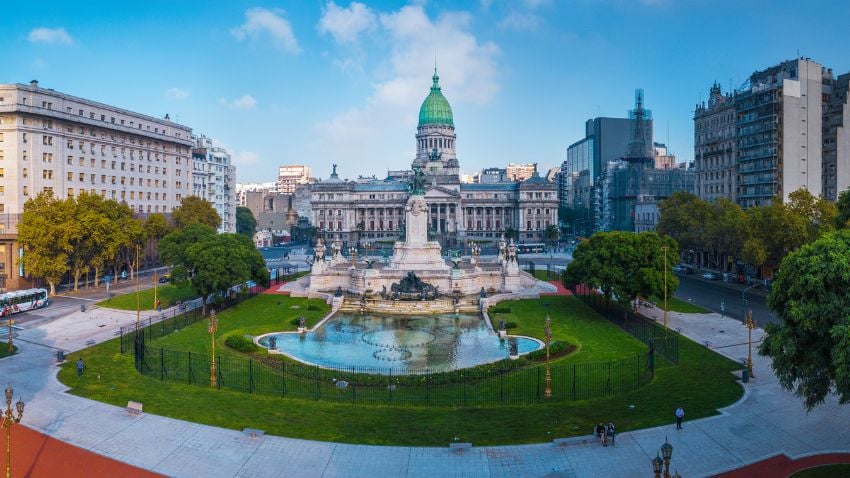
The Argentine Republic is the second largest country in South America by land area. It stretches along the bottom half of the continent, with a substantial Southern Atlantic coastline. The climate is mild in the north and cold in the south. Argentina exhibits a broad spectrum of climate variability, with most of the population living in the more temperate regions.
Despite being one of the world's strongest economies at the turn of the 20th century, Argentina has experienced prolonged economic problems over the last hundred years. High government intervention, inflation, and spending have caused stagnant growth. As of 2022, Argentina has been experiencing 70% inflation and has seen an average of 191% inflation over the last 80 years.
Doing business in Argentina can be problematic. There is red tape involved in everything, and taxes are high. The court system is clogged and extremely slow if you have any disputes. On the other hand, Argentina's cost of living is cheap, even by South American standards. Because of exchange controls, multiple currency conversion rates exist.
When I wrote this article, the official rate was 130 Argentinian pesos for 1 USD. Then there is the so-called "blue market" rate of 288:1 (On August 20, 2024, we are updating this article, and the rate is 130 Argentinian pesos for $0,14 USD, which is 943:1).
Because of the rampant inflation, Argentinian savers are only too happy to exchange their pesos for dollars, Euros, or, becoming more popular, cryptocurrency. As a result, if you want to maximize your money's utility, you must deal almost exclusively in cash. You will be charged the official rate if you try to use your credit card or take cash out of an ATM. However, you can send money to yourself via Western Union at the blue dollar rate (minus their standard fee).
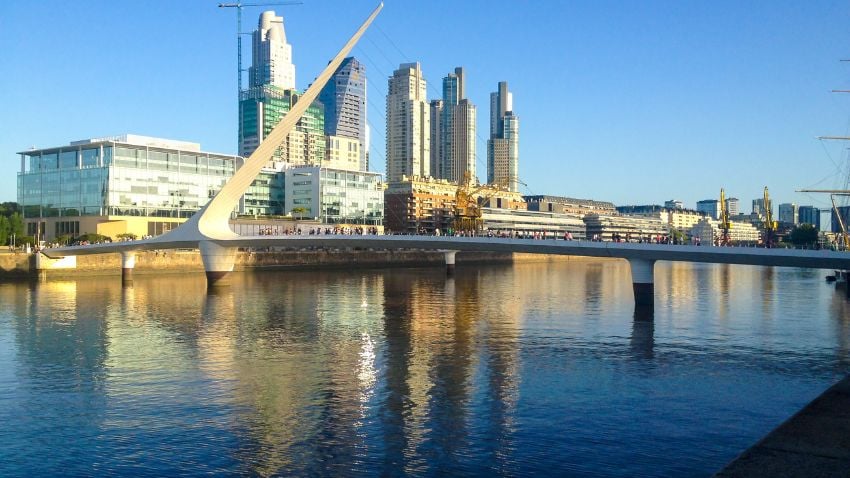
Temporary residency permits can be renewed, while permanent residency offers long-term stability and opens doors to numerous opportunities in the country
Argentina offers a welcoming environment for expats seeking residency in this vibrant South American nation. The process begins by contacting the local consulate or embassy for detailed information regarding the requirements and procedures. Upon arrival, expats can explore various options, including establishing a company or obtaining a work visa, which are available for foreign nationals.
Residency permits in Argentina have different validity periods based on the type of visa obtained. Expats can choose between temporary or permanent residency, depending on their plans and duration of stay. Temporary residency permits can be renewed, while permanent residency offers long-term stability and opens doors to numerous opportunities in the country.
If you are interested in staying in Argentina long-term, you will want to apply for residency. There are three types of residency you can apply for. Those are transitory, temporary, and permanent. A transitory residence is like a tourist visa because you can stay in the country for only a few months. Typical reasons for this residency would be to secure medical treatment, to carry out business, to work in the film industry, or for a visiting academic. By contrast, a temporary residency is valid for a more extended period, say one year, and can be extended.
The Rentista visa is for someone with income from a source outside the country. They might work online, have an investment portfolio they will be drawing from, or have income from a business or rental properties. Whatever the case, they are a person of independent means and do not require employment within Argentina. These are desirable expats for Argentina because they spend money stimulating the economy and creating demand for products but do not compete for employment with local workers.
This residency permit is valid for a period of one year and can be extended. The requirements to apply for a residency permit are:
All documents must be apostilled and translated into Spanish by an accredited translator.
Related content: The Basics Of How To Get A Second Passport Or A Second Residency
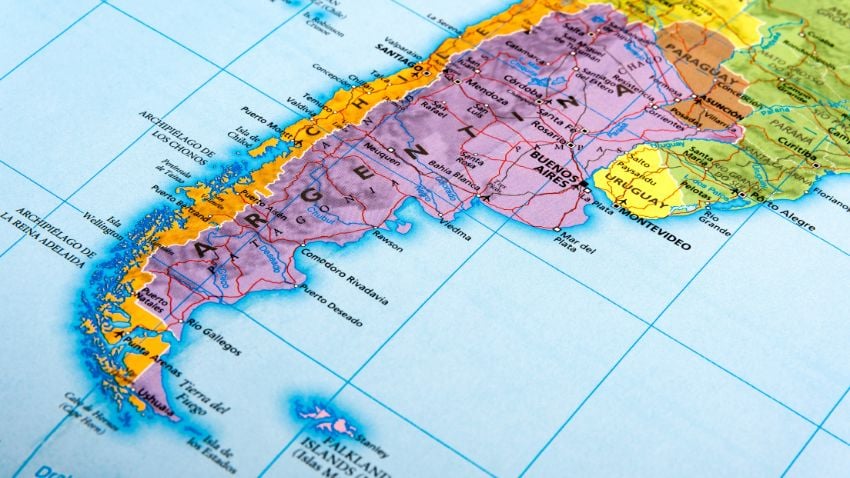
One of the notable aspects of living in Argentina is the quality of healthcare services
In order to qualify as an investor, you must make an investment in a business worth 1,500,000 pesos (officially, this is roughly $1,590 USD, although because of rapid inflation, this amount can change). You must receive approval for your investment from the National Directorate of Immigration, and they will also want documentation concerning the origin of your capital. Once approval is received, the Ministry of Productive Development must weigh in and possibly suggest alterations to the plan. Then, the National Directorate of Immigration will authorize your temporary residency and provide a deadline for you to make your investment.
Aside from the typical documentation required for any residency permit (clean criminal record, entry stamp, etc.), you must also submit proof of your monthly pension in the amount of around $1,400 USD (based on 5 minimum wages in Argentina).
Aside from these three classes, you can also apply as a refugee, academic, athlete or artist, scientist, patient under medical treatment, individual seeking asylum, student, migrant worker, religious person, or family reunification. Whatever your category, you will need to supply documentation and/or a letter of invitation from the organization you will be affiliated with while in Argentina. Also, if you are from a MERCOSUR state (a trade organization within Latin America, primarily South America), then there are preferential processes.
*Please note that these values may change due to the Argentinian peso's volatility.
Here are some interesting articles on other MERCOSUR countries:
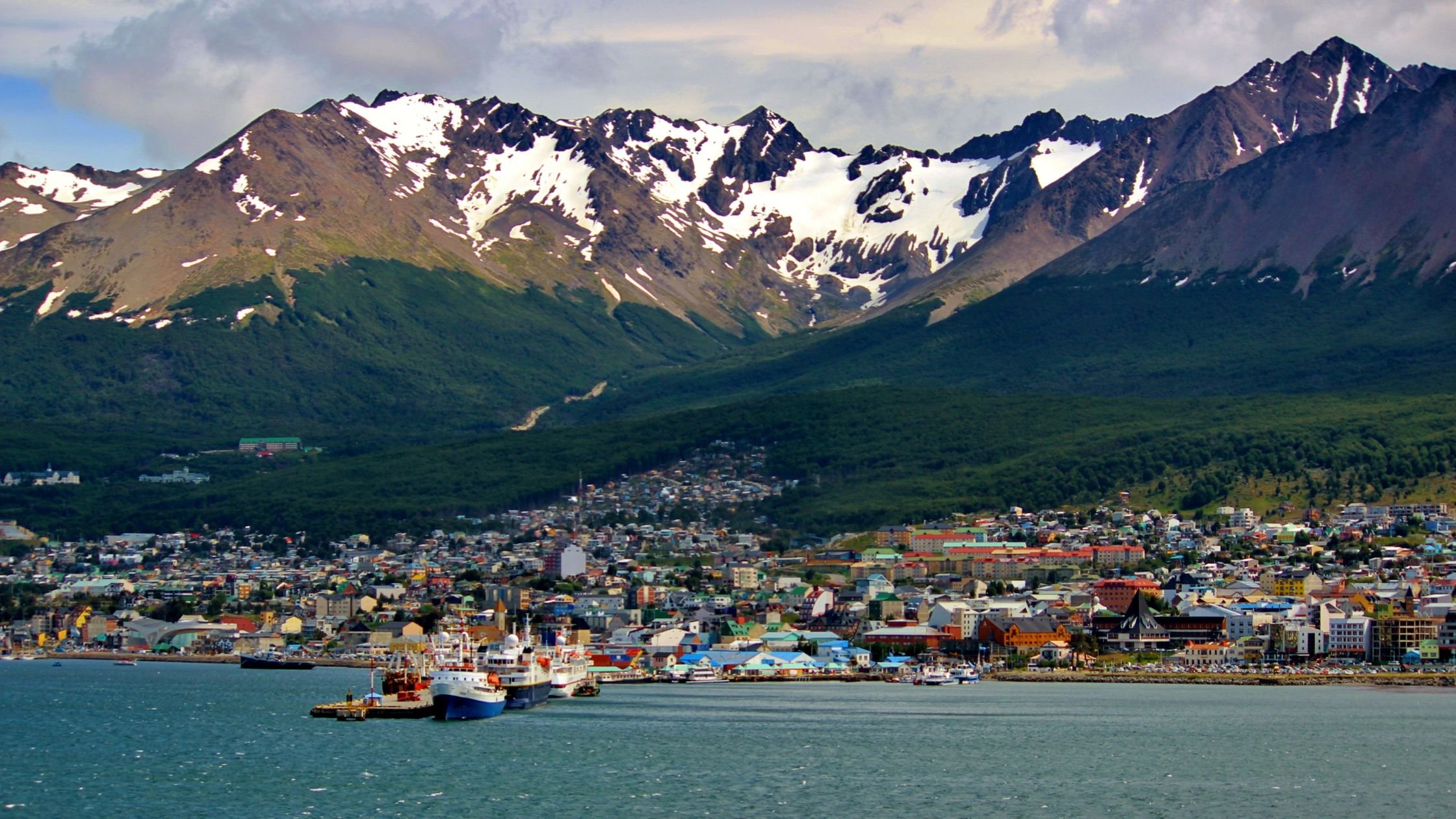
Ushuaia, Argentina
Permanent residency in Argentina is reserved for individuals with family in Argentina or for foreigners who have lived in Argentina for three years as a temporary resident. You will also have to supply the standard residency documentation.
Argentina has an extremely short naturalization period. All you have to do is have lived in Argentina legally for two years (as a temporary or permanent resident), and you can qualify for citizenship. Even that meagre waiting period is waived if you marry an Argentinian citizen. But beware, unlike most other countries, Argentine nationality cannot be renounced and can only be revoked if it was obtained through criminal means, such as fraudulent documentation.
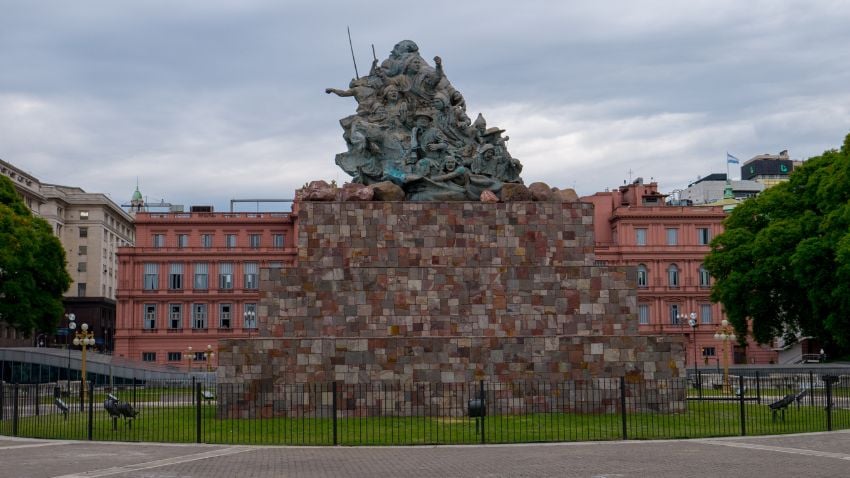
Expats in Argentina can access quality healthcare, both in public and private sectors
If you acquire Argentinian residency, you can live in Argentina on a permanent or semi-permanent basis and come and go as you please while your residency is still valid. Because of the exchange rate, your dollars will go a long way in Argentina, and you can enjoy a very high living standard without spending much money. Buenos Aires is a magnificent city, home to fifteen million people and filled with history and culture. Overall, Argentina is a relatively safe country. Petty crime is a problem, and you should exercise care at all times, but overall, Argentina is one of the safer countries in South America.
One of the notable aspects of living in Argentina is the quality of healthcare services. The country boasts a robust healthcare system, with modern facilities and highly qualified medical professionals. Expats can access quality healthcare, both in public and private sectors, ensuring their well-being and peace of mind.
Argentina also prides itself on its education system, offering a wide range of educational opportunities for residents. The country is home to renowned universities and institutions, providing access to high-quality education for expat families. This allows children to receive an excellent education while embracing the multicultural environment.
Safety is a priority in Argentina, with significant efforts made to ensure the well-being of residents and visitors. However, it is important to exercise caution and be aware of one's surroundings, as with any other country. By following basic safety precautions, expats can enjoy a peaceful and secure life in Argentina.
Argentina is renowned for its gastronomy, with a rich culinary heritage that combines traditional flavours with international influences. From the mouthwatering asado (barbecue) to delicious empanadas and delectable wines, expats can indulge in a diverse and vibrant food culture that caters to all tastes and preferences.
Related content: Top Countries For Birth Tourism
Any tax resident of Argentina is required to pay taxes on their worldwide income. Non-residents are taxed solely on income that is sourced from within Argentina. In addition to a progressive income tax with a top rate of 35%. Argentina also taxes wealth at a rate of 0.5% to 1.25% for assets within Argentina and a maximum rate of 2.25% for assets outside Argentina. If you are a tax resident of Argentina (because you spend most of the year there), then you owe the wealth tax on all your worldly assets. Luckily, one does not need to become a tax resident of Argentina to have residency. If you spend most of your time outside of Argentina, you may be able to avoid that status.
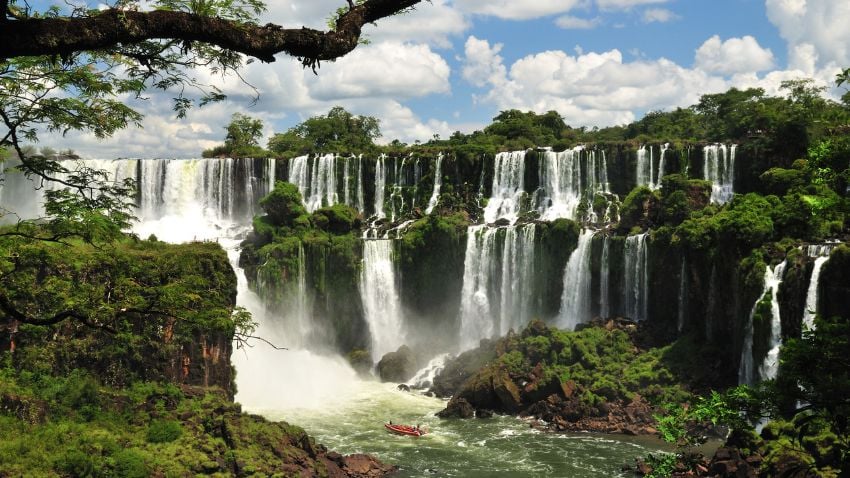
Argentina is renowned for its gastronomy, with a rich culinary heritage that combines traditional flavors with international influences
Argentina is a wonderful country to live in. Although the taxes are a little high if you are a tax resident, it still offers a high standard of living at a low cost of living. You can also get more from your dollar by using the "blue market" which has almost double the dollar conversion rate as the standard bank conversion.
There are plenty of different visas to choose from and a relatively quick citizenship process. The residency by investment program they offer is also easily accessible, and they are a very welcoming country for those that want to be residents. It is an easy country to get into, and it is one of the safer countries in South America.
In summary, residency in Argentina for expats offers many benefits, including access to consulates and embassies for detailed information, various visa options, quality healthcare, excellent educational opportunities, a focus on safety, diverse weather conditions, and a vibrant food culture. By embracing the warmth and hospitality of Argentina, expats can enjoy a fulfilling and enriching experience in this beautiful South American nation.
If you want the best intel from the expat world, including profitable offshore opportunities, little-known tax-saving strategies, and hard-won insights on immigration, passports, and Plan-B residencies, all delivered to your inbox every single week, then join our daily correspondence, EMS Pulse®. Currently enjoyed by over 84,000 expats and expat-hopefuls worldwide. Fill in the form below to join our newsletter free:

Written by Mikkel Thorup
Mikkel Thorup is the world’s most sought-after expat consultant. He focuses on helping high-net-worth private clients to legally mitigate tax liabilities, obtain a second residency and citizenship, and assemble a portfolio of foreign investments including international real estate, timber plantations, agricultural land and other hard-money tangible assets. Mikkel is the Founder and CEO at Expat Money®, a private consulting firm started in 2017. He hosts the popular weekly podcast, the Expat Money Show, and wrote the definitive #1-Best Selling book Expat Secrets - How To Pay Zero Taxes, Live Overseas And Make Giant Piles Of Money, and his second book: Expats Guide On Moving To Mexico.
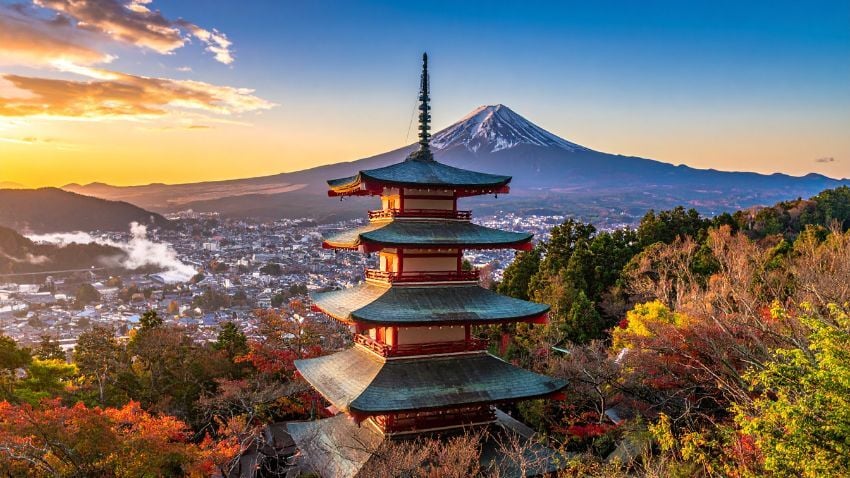
The word "Japan" brings to mind many things: high-tech, sushi, anime, samurai, and cherry blossoms. It is one of the most intriguing countries in...
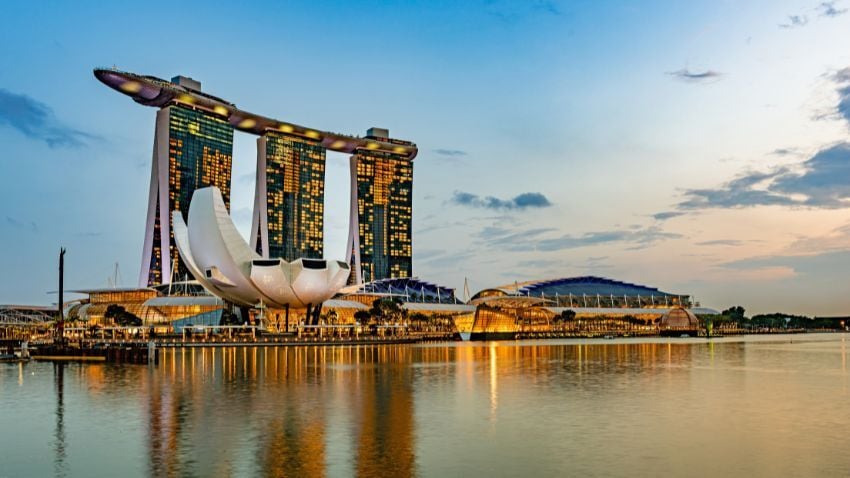
Singapore is often described as a city that works, and it totally deserves its reputation. This small island nation in Southeast Asia has built one...

Panama’s geographic size is modest, but its global relevance is not. The country connects two oceans and two continents, operates on a dollarized...